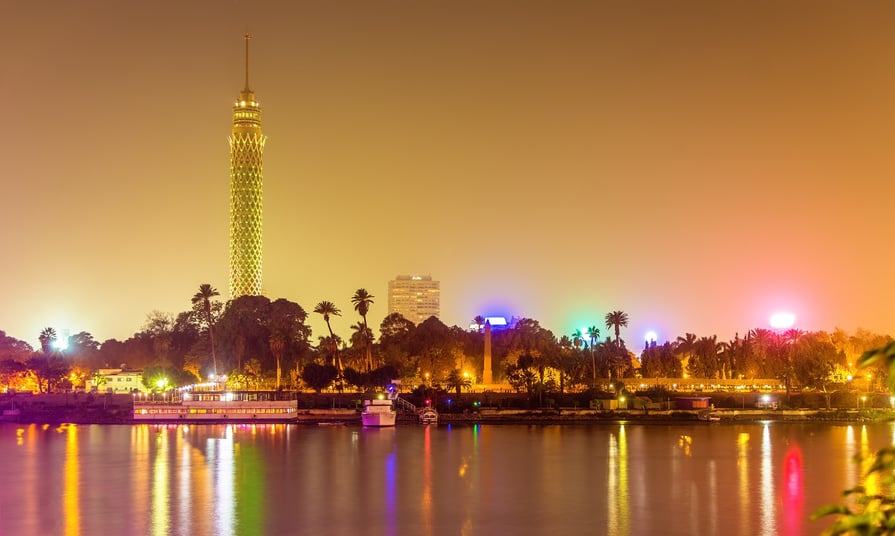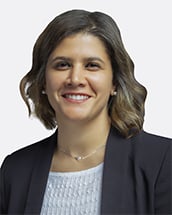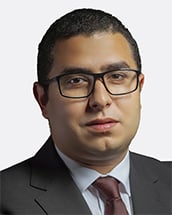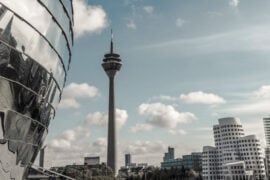In brief
On 27 January 2024, Law No. 2 of 2024 was issued (“Law“), providing green hydrogen and derivatives projects with certain incentives. These incentives are extended not only to green hydrogen and derivatives projects (such as green ammonia and green methanol), but also to the upstream and midstream facilities, of which 95% of the output is to service green hydrogen and derivatives projects and projects exclusively carrying out transportation, storage and distribution of green hydrogen and its derivatives in Egypt. The incentives also extend to projects that directly and exclusively manufacture production input and supplies for the midstream and downstream facilities for which a cabinet decree has been issued. The Law also applies to future expansions of the aforementioned projects.
In depth
What are the incentives?
The most salient incentives are as follows:
- A tax credit of no less than 33% and no more than 55% of the income tax paid in accordance with the bands and the parameters issued by the Cabinet.
- VAT exemption on equipment, machinery, supplies, etc.
- Zero VAT on exports.
- Additional exemptions from real estate tax, certain stamp duties (e.g., financing and mortgages) and customs duties (other than duties on vehicles that transport people) can be granted by a decree of the competent minister after the Cabinet gives its approval.
- Golden license (single permit for the project).
- 30% foreign workforce (as opposed to 20%) for 10 years from signing the project agreements.
- 30% reduction on the ports’ usage and handling fees.
- 25% reduction in the usufruct fees of the site allocated for the midstream and downstream facilities.
- 20% reduction in the fees for depot land at ports.
- Grace period for paying the aforementioned usufruct fees so that payment commences from the commercial operation date.
The incentives are evidenced by a certificate issued by the prime minister to that effect and are valid for the term of the project agreements with the government stakeholders. Implementation details are expected to be issued by a cabinet decree.
What are the eligibility criteria?
The project must meet the following criteria:
- The commercial operation date must be within five years from the date of the project agreements. Future expansions can benefit from the incentives if their project agreements are executed within seven years from the commercial operation date.
- Foreign currency financing must be sourced from offshore sources to cover no less than 70% of the investment cost.
- Local content, to the extent available in the local market, must be no less than 20% of the project components.
- Transfer and localization of technology into Egypt with the set-up and implementation of a training program to Egyptian labor.
- Corporate social responsibility activities for the areas in which the project is based.
The procedures for verifying the eligibility criteria are to be issued by a cabinet decree. The beneficiary of the incentives must be a joint-stock company established as the project company. It can apply to benefit from the incentives within five years from the entry into force of the Law (i.e., 28 January 2029). The Law recognizes that a single-project-company or multiple-project-company structure can be adopted for a single green hydrogen and derivatives project.
The Law provides a push for the development of the entire hydrogen industry in Egypt with expectations of return. More importantly, the benefits afforded by the Law have an expiration date and the clock has started ticking for anyone who wishes to take advantage of them. However, the imminent issuance of the decrees driving the implementation of the Law will be crucial for guiding the momentum.
Helmy, Hamza & Partners, Baker McKenzie Cairo office, is an active member of Baker McKenzie’s Global Hydrogen Group. The group maintains strong connections with industry bodies and governmental committees globally, provides strategic regulatory advice and guidance on the development of hydrogen markets, and advises on pioneering projects worldwide, including more recently on two green hydrogen projects in Egypt. If you are considering developing any hydrogen projects in Egypt and would like assistance to access these new incentives, please contact your key Baker McKenzie contact or the authors of this article.
* * * * *
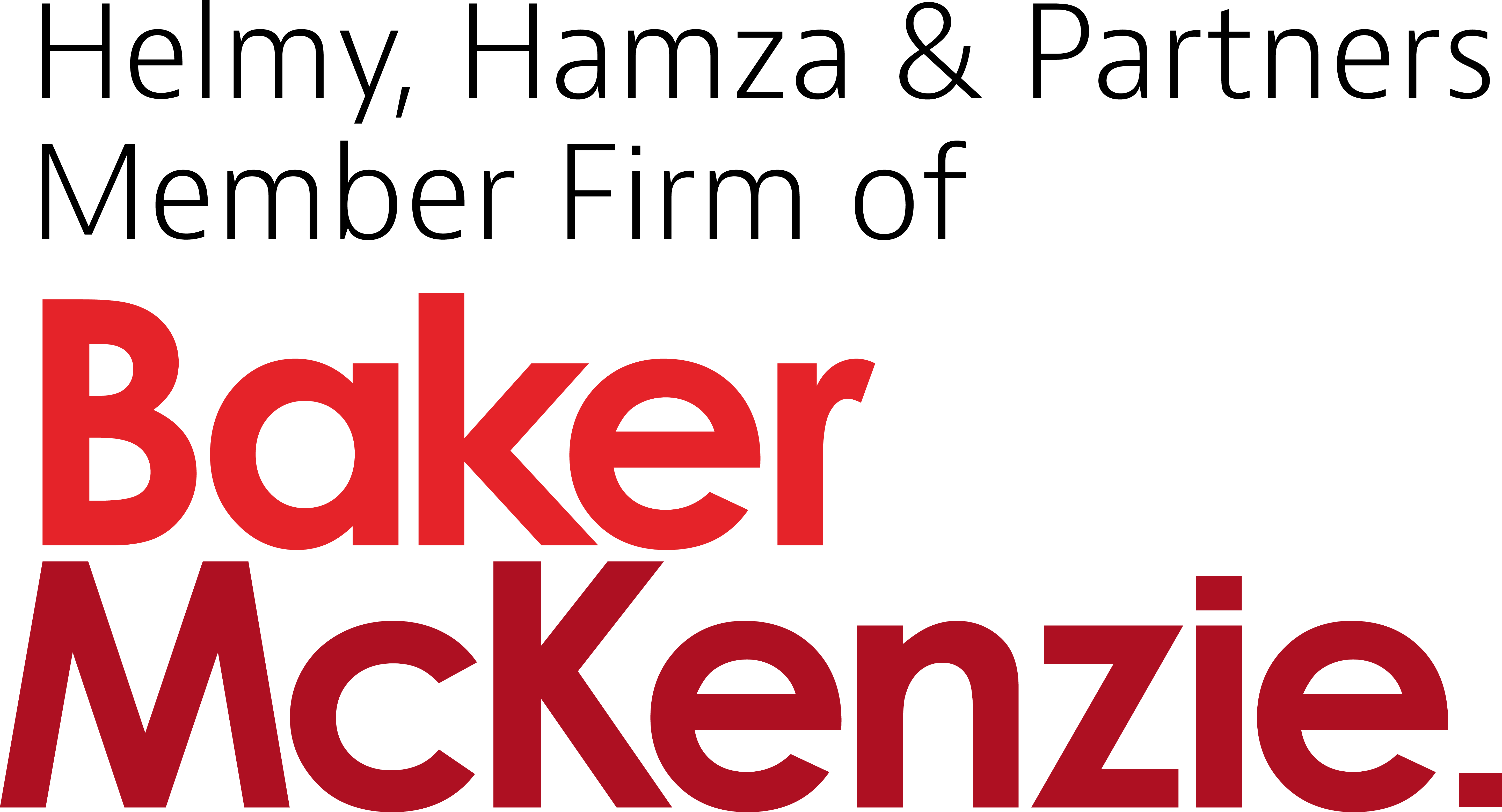
© 2024 Helmy, Hamza and Partners. All rights reserved. Helmy, Hamza and Partners is a member firm of Baker & McKenzie International, a global law firm with member law firms around the world. In accordance with the common terminology used in professional service organizations, reference to a “partner” means a person who is a partner, or equivalent, in such a law firm. Similarly, reference to an “office” means an office of any such law firm. This may qualify as “Attorney Advertising” requiring notice in some jurisdictions. Prior results do not guarantee a similar outcome.
